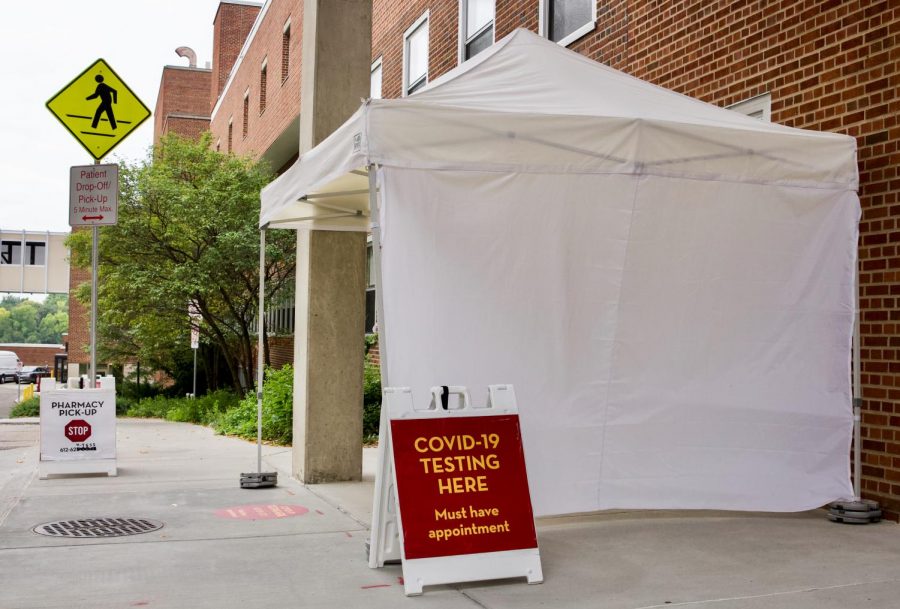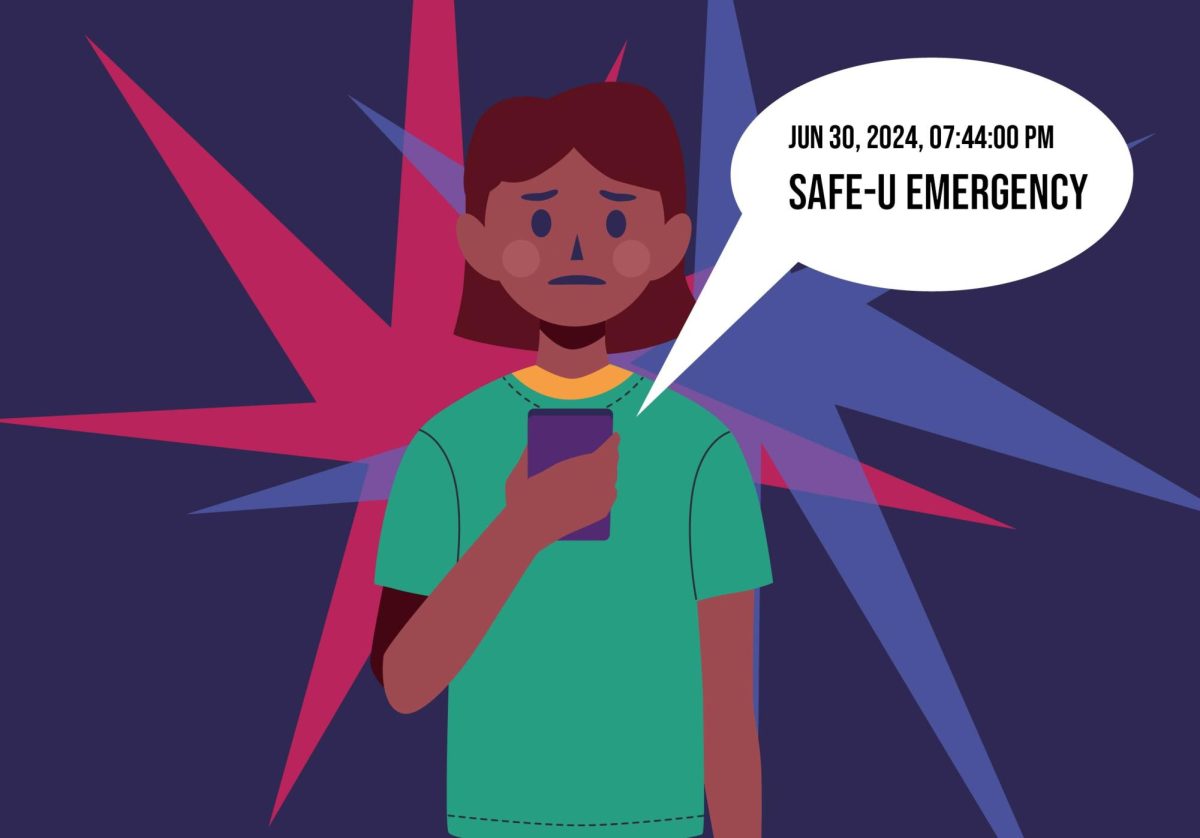The University of Minnesota is expanding its COVID-19 testing for students with a new remote saliva testing program.
This program will make one saliva test available for each student to use at their discretion. At the October Board of Regents meeting, administrators approved the purchase of 66,000 of these testing kits from Vault Health for over $8.5 million. In order to receive their tests, students, faculty and staff need to request a kit using a code sent via email from, as tests will not be automatically sent out.
Vault Health will send testing kits using overnight shipping to students, faculty and staff. Once the kit arrives, the saliva test will be completed via Zoom with the assistance of a Vault Health employee and then sent back to Vault Health’s lab for processing. Students, staff and faculty can expect to receive their results via email in 24-72 hours.
“We don’t have to set up a clinic to have you come in and do it. Across the state, we’re running out of nurses and other health care providers to do this work. So, this is nice where you can just do it in the comfort of your own space,” said Jill DeBoer, director of the University’s Health Emergency Response Office.
Student test codes are expected to be available in the coming days, DeBoer said. Tests were made available to faculty and staff on Oct. 21.
“People will get an individual email and it will be a code for us to access the Vault test system,” DeBoer said. “My understanding is that once you get your code, you decide it’s time you need to use it or you want to use it. You go on their website with your code and that starts a process.”
Vault Health currently operates out of New Jersey, although a new lab has just opened in Oakdale, Minnesota to provide additional test processing capabilities. At this time, there is no concern about potential delays in processing testing kits, according to Vault Health co-founder and CEO Jason Feldman in a statement emailed to the Minnesota Daily. The lab has the capacity to test over 30,000 kits a day.
The saliva testing program was originally only available for faculty and staff at the University through Minnesota Gov. Tim Walz’s testing program. Costs for faculty and staff tests are covered by the state through the Coronavirus Aid, Relief and Economic Security Act funds, while the University is covering the costs of student tests.
“For us, it didn’t feel like we should do this for faculty and staff and not do it for students. We thought, if we’re making this one-time test available for faculty and staff, then we need to make it available to students,” said University President Joan Gabel in an interview with the Daily.
The state program first provided testing kits to Minnesota K-12 educators, administrators and childcare workers at tribal, public and private schools. CARES Act funding also covers
the cost of these K-12 tests, though educators can purchase additional testing kits if they choose.
“Each school district sends out an email to each employee that has their own specialized URL code that they were able to use to order their tests,” said Minnesota Department of Health spokesperson Kate Brickman.
All of these testing kits have a ‘use by’ date of Dec. 31. After that, tests will no longer be processed by Vault, as funding made available through the CARES act expires at the end of the year.
As of now, there is still uncertainty as to whether this testing program will be continued into 2021, DeBoer said.


























